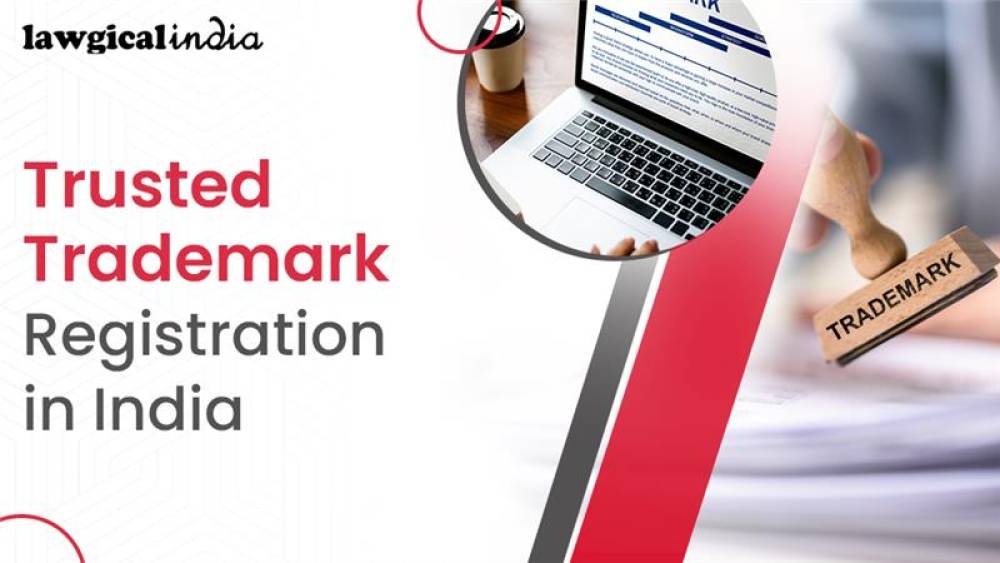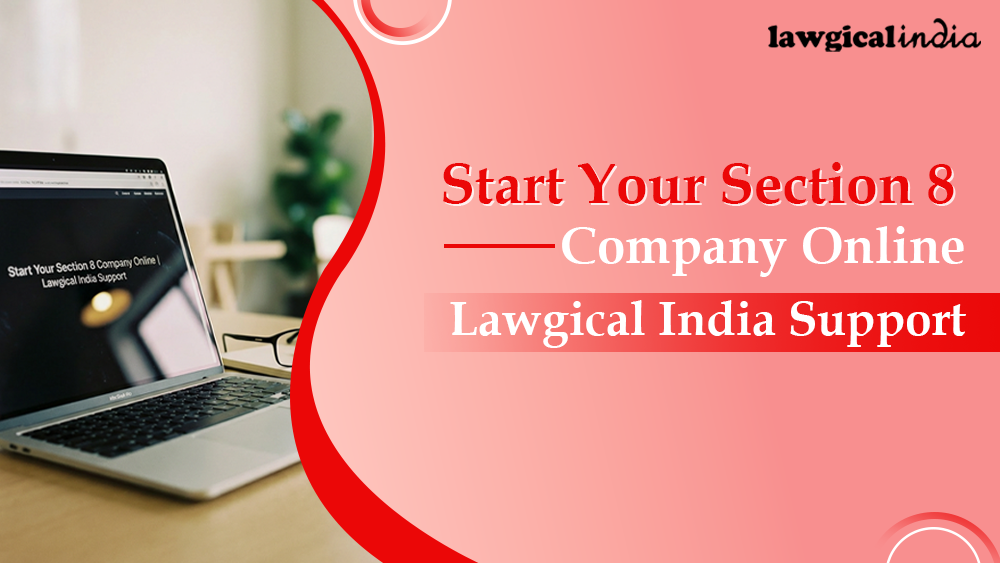People's favourite energy drinks are becoming increasingly popular, especially among young people. As its consumption re-energizes the body and eliminates fatigue and exhaustion, energy drinks are now a part of most people's daily routines. The FSSAI food License for Energy Drinks in India is required for anyone who wants to work in the Energy Drink Manufacturing Industry.
Whether it's your personal or professional life, there is pressure everywhere. Drinking energy drinks would help you relax and feel more at ease, allowing you to deal with different problems. Energy drinks typically contain artificial sweeteners in addition to caffeine. Because they give you more mental and physical energy, which may be why they are called "energy drinks."
Because energy drinks are now a billion-dollar industry in India, there has been an increase in the number of Indian energy drink manufacturers. There are a lot of energy drinks and food products on the market. These include bars, food, and energy drinks. Their marketing encourages consumers to keep themselves energized and use the energy to exercise, run, play games, and do other activities.
What are energy drinks?
An "energy drink" drink is usually made with caffeine and advertised as providing genuine and severe energy. Although some contain sugar or unique sugars, regular concentrates, taurine, and amino acids, they should probably be carbonated. Various power items are available within the market, which includes bars and dinners.
Is the FSSAI Food License For Energy Drinks In India Mandatory?
According to one of the shocking disclosures made under WHO(World Health Organization) reports, taking too much caffeine can have several side effects, including changes in behaviour, palpitations, and other health issues in youth and adults. Drinking too many energy drinks could cause serious health problems as kidney damage and high blood pressure, among other things.
In India, the FSSAI, a food regulatory body, has introduced FSSAI standards and an FSSAI food license for energy drinks. All energy drink companies should adhere to the regulations' provisions in accordance with the FSSAI's guidelines and the new Food Safety and Standards Regulation of 2011.
FSSAI Standards For FSSAI food License For Energy Drinks
- Energy drinks must contain no more than 300 mg/l of caffeine and no less than 145 mg/l of caffeine, according to the FSSAI. Standards were also set for other ingredients like methyl ester, taurine, vitamins, saccharin sodium, and neotame.
- The specifics of the fruit used to make the energy drink, if any, must be mentioned on the beverage labels.
- Every manufacturer of caffeinated foods must appoint a food supervisor to check the levels of caffeine in the foods in order to obtain an FSSAI license for the energy drink business in India.
- The manufacturer must carry out a regular hazard analysis and an audit to ensure that these drinks meet FSSAI standards.
What are the FSSAI-set Microbiological levels?
The following microbiological levels, established by FSSAI, must be met to obtain FSSAI licence registration for energy drinks:
- Fruit content (m/m) should not exceed 5% if it is lemon juice and 10% if it is any other fruit.
- Total soluble solids (m/m) should not exceed 10%.
Standards for Packaging and Labelling
- Energy drinks must have a warning on the product label stating that they are not suitable for impregnated women or children under a certain age.
- The manufacturer must indicate the maximum daily consumption on the product label.
- The term "energy drink" needs to be dropped from the energy drinks market in India and replaced with "caffeinated beverage."
- The Indian Standard, IS 9833, requires blue-coloured plastic bottles made of polycarbonate and polyethene terephthalate (PET), such as bottles larger than five litres. In addition, the colour or pigment used cannot exceed 60 mg/litre.
- Returnable containers should not be used to store or distribute goods containing Aspartame, Acesulfame, or any other artificial sweetener for which precise labelling measures are provided in Regulation 2.4.5 of the FSSAI Food License (Packaging and Labelling) Regulations, 2011.
Process of FSSAI Registration in India
Following are the steps for FSSAI food license registration in India:
- FBOs can receive FSSAI registration by completing and submitting Form A, a Registration application, or Form B(application for State & Central License, on the FoSCoS site).
- FBOs can also register offline by submitting either Form A or Form B to the Food and Safety Department.
- The relevant documentation must accompany the FSSAI registration form. At the time of application submission, the papers must either be delivered to the Food and Safety Department in person or posted electronically on the FoSCos website.
- The FSSAI food license registration form must be approved or rejected by the Department within seven days of receipt, either physically or electronically, via the FoSCoS site. The applicant must be informed in writing if the application is rejected.
- The department will examine the provided papers.
- Before issuing the FSSAI registration certificate, the Department may inspect the food facilities if necessary.
- An FSSAI certificate with the registration number and a photo of the applicant's email ID will be issued if the Department determines that the FBO meets all specified requirements. The applicant can obtain the FSSAI registration certificate by connecting to the FoSCoS portal.
- The FBO must prominently display the FSSAI registration certificate during business hours.
Documents Needed for FSSAI Licence Registration In India
Some common documents for FSSAI Licence Registration include:
- Form A filled out and signed,
- Photo ID for FBO
- Partnership deed, certificate of incorporation, or Article of Association
- List of food products to be handled Food safety management system plan
Conclusion
Food companies that manufacture, market, or import energy drinks must follow the FSSAI Standards Rules and Regulations. In addition, they are required to obtain an FSSAI food license for energy drinks in India. The application of FSSAI standards would guarantee the safety of customers. If you’re thinking of initiating a business selling energy drinks in India, the professionals at Lawgicalindia can help you get an FSSAI license and FSSAI registration.












No comments yet. Be the first to comment!